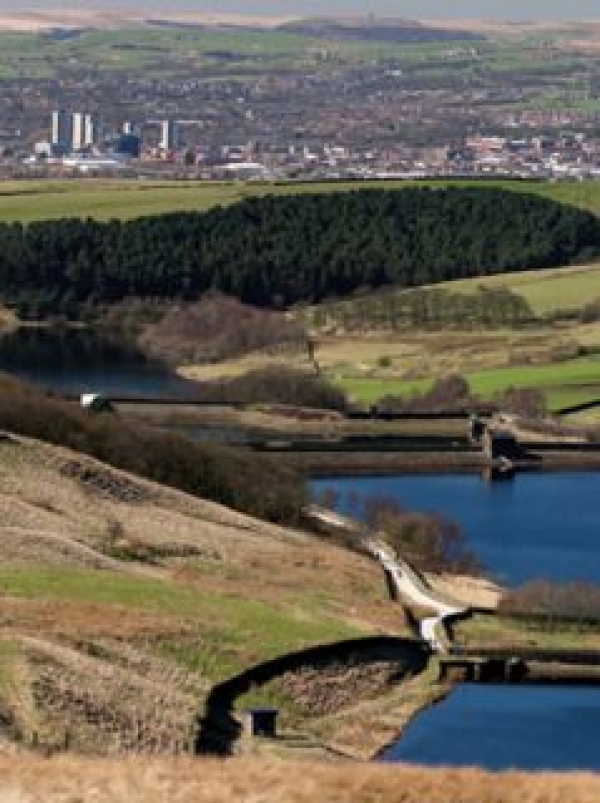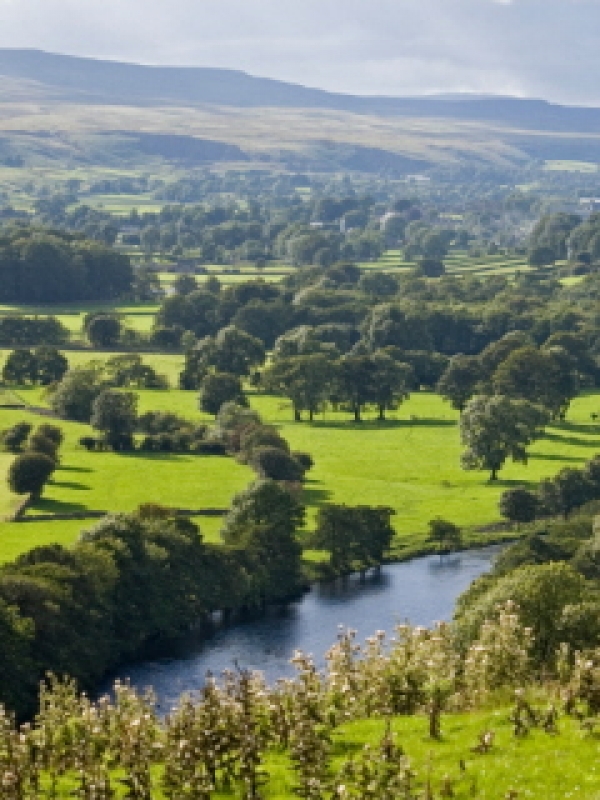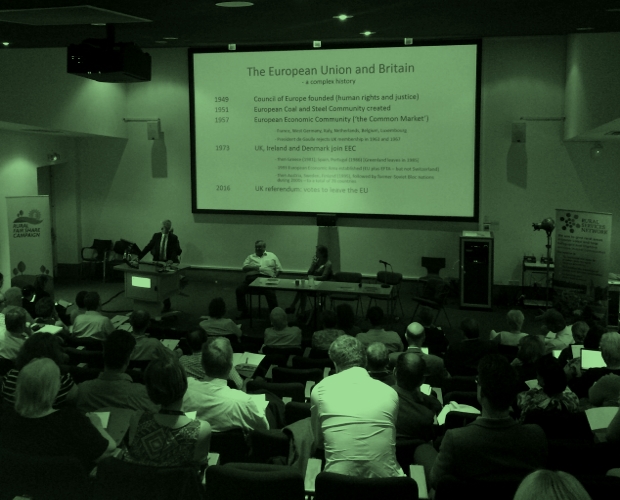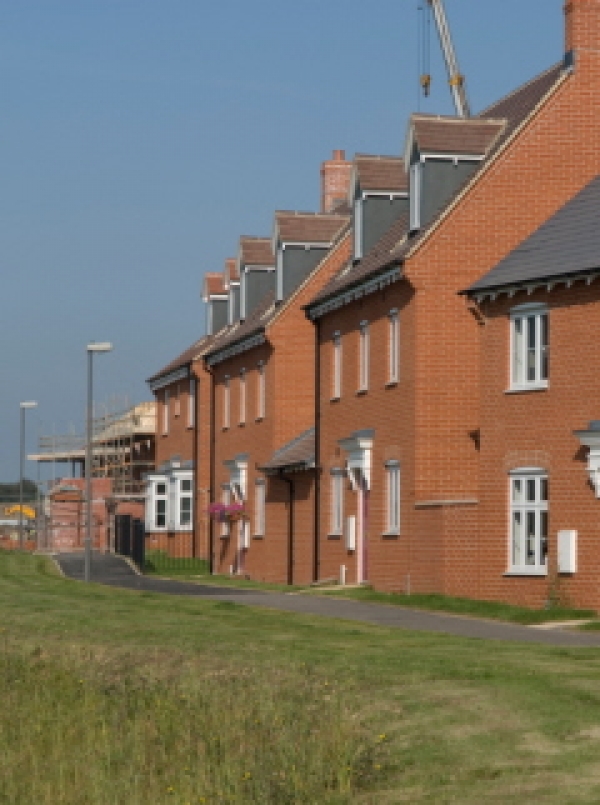T: 01822 851370 E: [email protected]
Visit RSN Survey about life in rural England to find out more.
News
RURAL experts will explore the economic, social and environmental opportunities provided by the South Pennines landscape. The Pennine Prospects conference will take place in Rochdale Town Hall on Friday, 11 October. Places are free but must be booked by...
THE government has published an updated compendium of statistics for rural England. The Statistical Digest of Rural England is a compendium of statistics on a wide range of social and economic policy areas of interest. To produce these statistics,...
RURAL mobile phone users are much more likely to suffer failed calls, reveals a survey. People outside the UK's big cities are up to 4.5 times more likely to experience call failure on their mobile phones, according to research...
The What makes a community sustainable? Seminar - held Bishop Lloyd’s Palace, 51/53 Watergate Row, Chester CH1 2LE on the 10 September 2013 Presentations were as follows: - Mick Duggan (CLG Decentralisation and Neighbourhood Planning Team) - Neighbourhood Planning -...
LOCAL groups in East Sussex are set to benefit from thousands of pounds worth of funding. Seven clubs and organisations were awarded a share of more than £70,000 from Rother District Council's Community Grants Scheme. The scheme was created...
GOVERNMENT cuts and rising workloads mean rural doctors and GP surgeries could disappear, an MP has warned. Changes to the funding formula could leave smaller rural practices at serious risk of closure, said Tim Farron, Liberal Democrat MP for...
A LACK of affordable housing is increasing the emotional and financial burden on parents as grown-up children can no longer afford to move out. Three out of ten parents (27%) have at least one adult child aged between 21...
DEFRA secretary Owen Paterson has urged local authorities and other service providers to source more food locally. Mr Paterson was speaking at the Local Government Association's annual Rural Conference, held in Stratford-Upon-Avon on Wednesday (4 September). "One of the...
TWO small rural communities are benefiting from high speed broadband – three months ahead of schedule. Homes and businesses in Sticklepath (Devon) and Bradford on Tone (Somerset) are the first to benefit from the £94m Connecting Devon and Somerset...
AN innovative scheme aims to increase affordable housing by bringing back empty properties into use. The National Empty Homes Loan Fund aims to tackle the 710,000 empty homes across the country by helping owners bring them back into use....
NEWSLETTER
Sign up to receive all our latest news and updates.
HOT TOPICS
Amid reduced public spending, fair resource allocation across regions is crucial. Despite a population larger than Greater London, rural areas receive significantly less funding for essential services, even though delivering these services in rural areas is more expensive.
Economic growth is widely acknowledged as essential for national wealth and prosperity and is a priority for political parties. Rural economies, employing millions and home to a higher proportion of small businesses, have potential for growth if barriers are removed.
Rural residents face distinct healthcare challenges, including limited access to transport, longer distances to medical facilities, an aging demographic, housing inadequacies, digital connectivity gaps, and difficulties recruiting health and care workers.
Rural communities are grappling with a severe affordable housing crisis, marked by high house prices, a lack of affordable housing, elevated living costs, and lower incomes, threatening their sustainability and vitality.
Transport is vital for the quality of life and economic health of rural areas, yet it faces challenges such as infrequent public bus services and less Government funding compared to urban regions.
Rural areas, encompassing a substantial portion of England's population and land, play a pivotal role in combating climate change and achieving the net zero target.
In an increasingly digital world, the lack of robust digital infrastructure in rural areas severely limits access to crucial services and stifles economic growth.
A future-focused vision for rural communities involves not just building the right homes in the right places but also ensuring thriving, sustainable communities.
SIGN UP TO OUR NEWSLETTER
Sign up to our newsletter to receive all the latest news and updates.













